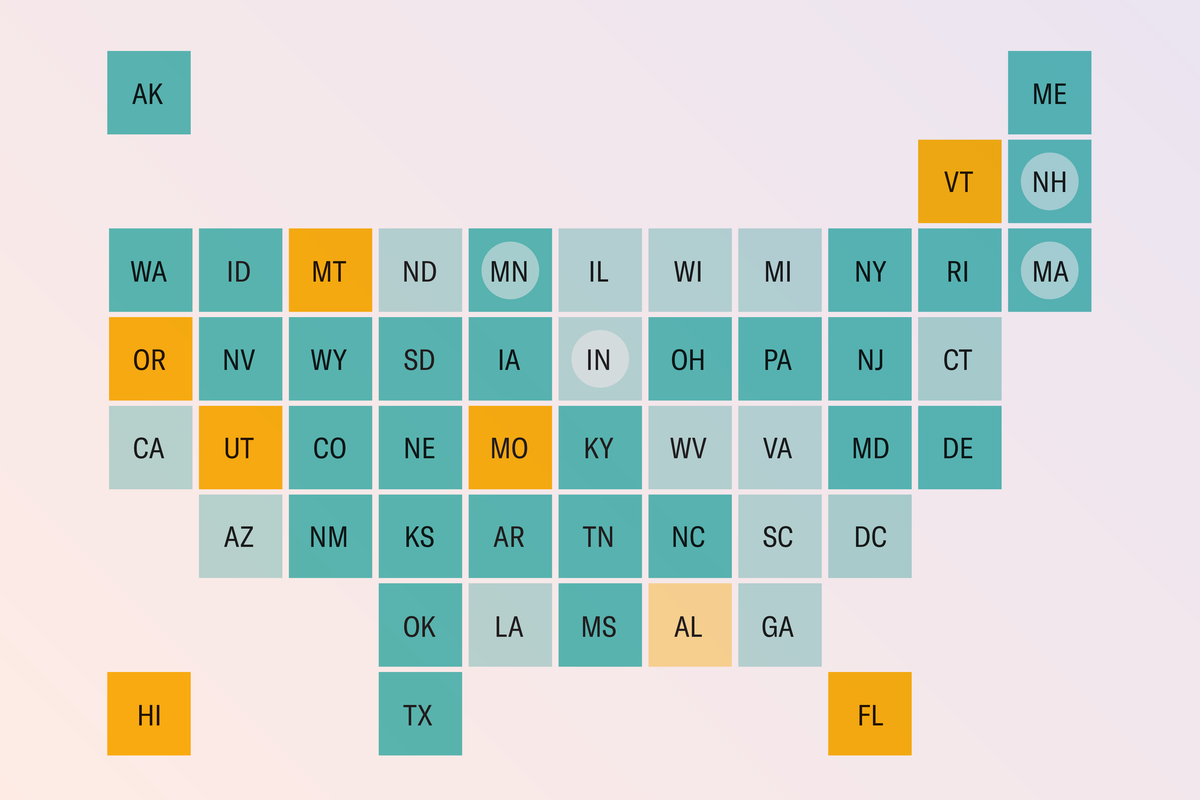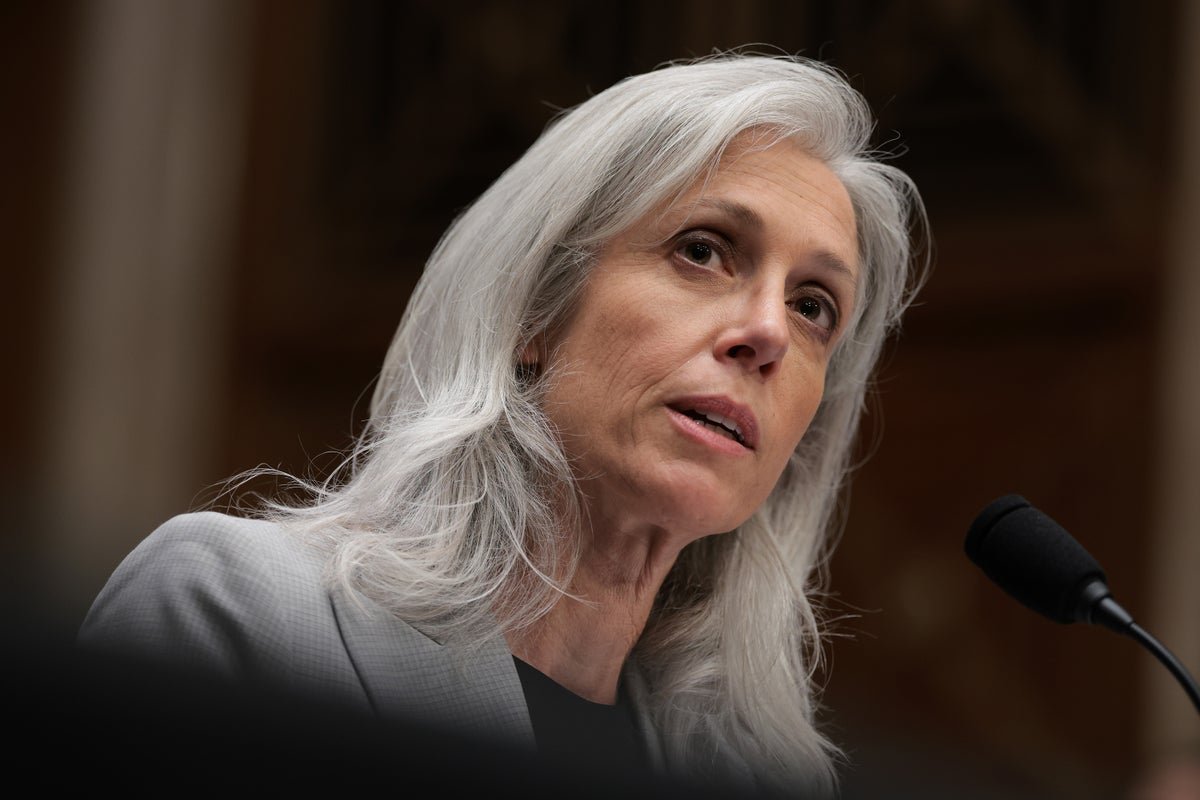By the summer of 2025, 1 in 6 U.S. parents had skipped or delayed childhood vaccinations, discovered in the 37th annual edition of the KFF/The Washington Survey of Parents. The study was conducted among 2,716 parents or legal guardians of children, via interviews online in English and Spanish between July 18 and August 4, 2025. ![]()
In detail by demographic,
- 83% of all U.S. parents had kept children up-to-date with recommended childhood vaccines (16% not doing so)
- 74% of self-described MAGA Republicans kept kids up to date with the recommended vaccines (25% not doing so), and
- 80% of younger parents, ages 18-34, kept children up to date (compared with 83% of all parents, including older ones, cited in the first point).

The question asked had omitted COVID-19 and flu vaccines, quantifying parents’ opt-in for the general schedule of recommended vaccinations set forth in the Centers for Disease Control list, shown here.
Among parents who decided to delay or skip vaccines for their children, people most commonly cited worries about side-effects, lack of trust in the safety of vaccines, and/or believing that not all the recommended vaccines are necessary, the survey found. ![]()
Health Populi’s Hot Points: KFF’s Health Information and Trust Tracking Poll published in August included this bar chart, assessing social media platforms that consumers trusted for health information and advice.
Focusing on the dark blue bar segments for “most” and “somewhat” trustworthy, we see that a plurality of U.S. adults 18 years of age and over (whether parents or not) were more likely to have trust in the health information people glean from TikTok and YouTube (roughly tied for first place), followed by Reddit, and then Instagram, Facebook, and X (formerly Twitter), the three channels garnering roughly the same net percentage of net trust (about 30%).
By age group, younger people tend to have more trust in health information on these social networks — especially positive feeling toward TikTok, YouTube, and Reddit among U.S. adults 18-29 years of age.
This study looked at five types of health information seen in social media: most commonly seen was information on weight loss, diet, and nutrition, followed by mental health, and then vaccines, abortion, and birth control. ![]()
Vaccines are the focus of this post, so we’ll check out the third (middle) column of data quantifying consumers who have seen information on vaccines in social media broken out by age, gender, and party ID.
Overall, 38% of U.S. adults had seen information on vaccines in social media. With that as the average, what stands out here in terms of the lowest percentage of consumers and vaccine info is the 31% of adults identifying as Republican who have seen vaccines information in social media versus 43% and 41% of Democrats and Independents, respectively.
So who do we trust, if not health care influencers in social media or the government or mainstream media? It still comes down to our physicians, our nurses, our pharmacists, our employers, and close-by local trusted touchpoints in our communities. Later this week as Secretary of HHS Robert Kennedy, Jr., convenes his reconstituted vaccines “expert” panel, we’ll also hear in media (social and mainstream) from some of the clinicians and researchers who had staffed with previous ACIP panel on vaccines recommendations, along with other experts involved in vaccines research and public health. I’ll be working on this issue, which has become a key pillar for me in tracking health citizenship prospects in the U.S.



